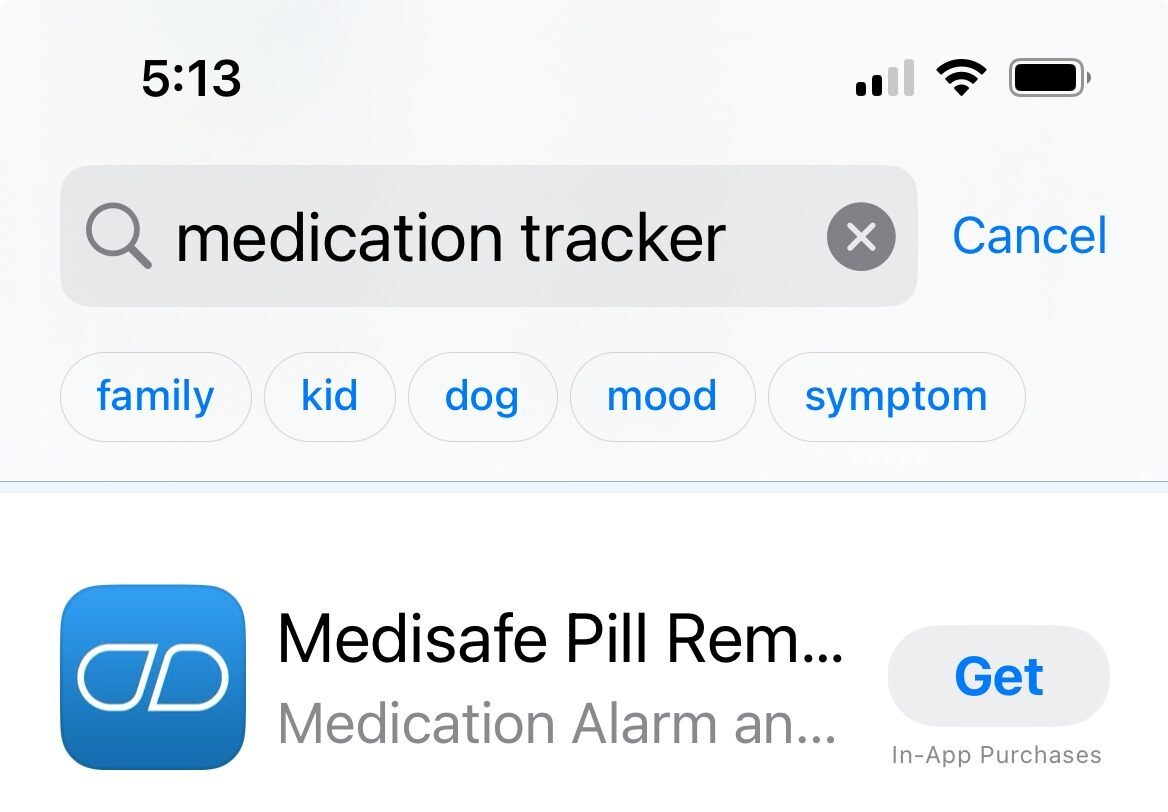Empowering the Citizen Patient

Article #2
Healthy People, Healthy Communities –
Dr. Smith’s Tips for Taking the Reins on Medications
Mindy Smith, MD, MS is a retired family physician, teacher and researcher and member of the Kootenay Boundary Patient Advisory Committee & Community (PACC) group. With a keen eye for both clinical detail and the patient experience, Dr. Smith, alongside fellow volunteer PACC members, presents a series of articles with practical information to help community members with tips & resources to support our health & navigate health care in Kootenay Boundary.
Managing medications can be a daunting task, especially when caring for loved ones. In this “Empowering the Citizen Patient” article, Dr. Mindy Smith shares valuable tips for medication management that she uses herself today, and recommended to her patients before retiring from practice.
Keep a Medications and Supplements List
Over the last few years my brother and I have been taking care of our parents who are now aged 98 and 95. My dad is on a lot of medications and it can be difficult to keep track. We have found that the best way to make sure that we keep these medications straight between us is to make a shared list. The list includes the names of the medications, what they are for, and how best to take them. It also includes medications that he takes without a prescription, like vitamins. I am often asked for a list of my parent’s meds and having it with me has saved lots of time. My dad sees lots of different doctors and often the information about the medications he is on is not shared between doctors. This can be a problem if they want to prescribe something new that may react poorly with or interfere with something he’s already taking.

Dr. Smith’s Dad, Arthur, using his colour-coded dispenser to take today’s pills

My brother keeps the list on his smartphone and I have a spreadsheet on my computer and keep a paper copy in my car. There are also many medication tracking apps available on the AppStore/Google Play or you could simply use a google document and share it amongst those who need to know. This way everyone is singing from the same song sheet and copies can easily be printed.
Your Pharmacist Can Help!
If you need help with your or your loved one’s list of medications, asking your pharmacist to give you written information about what a medication does and how to take it can relieve any confusion or stress. For people taking 5 or more medications, you can ask for a free medication review by a pharmacist. They can help identify any medication-related problems and make a plan to resolve any issues, in collaboration with your doctor. Non-prescription drugs can also have bad effects, so include them on your list and ask if they are safe to take with your other medications. You can also look up the drug using www.drug.com or www.rxlist.com. These sites have information about most medications, possible side effects and interactions with other drugs that you may be taking.

Get a Pill Dispenser
For those people taking a lot of medications, opening a bunch of pill bottles can be challenging, let alone being sure that you took them all! Using a pill dispenser might be the answer. This also makes it easier to see what medications are running low. Dispensers can be filled weekly by the pharmacist, a care provider or the person taking the medication. Another tip to help remember medications is to set an alarm on a watch or other electronic device. Some dispensers even have alarms built in – visit https://www.healthline.com/health/pill-dispenser#our-picks to see reviews of a few good options.

Regularly Review Your Medications
If you are taking a lot of medications, it’s also a good idea to regularly review the list with your doctor/nurse practitioner, or pharmacist. This practice can help identify problems, potentially simplify your medication regimen, or identify side effects. Sometimes, if positive lifestyle changes are being made, such as weight loss, counseling, physiotherapy, or dietary improvements, medication dosages can be changed. For example, when my father was having problems with his heart, he was switched to a different diabetes medication which made a big difference. For more information on medication decision-making and deprescribing (safely discontinuing) medications, see https://www.deprescribingnetwork.ca/useful-resources
Did We Mention Your Pharmacist Can Help?
A great service now available in BC is the ability for pharmacists to assist people with renewing many types of medications without having to visit your family practitioner. Pharmacists can also now prescribe medications for minor ailments and contraception to all people, even those who do not have a dedicated doctor or nurse practitioner. (see https://www.bcpharmacists.org/ppmac to learn more)

Safely Dispose Old Medications
The last thing to consider is how to safely dispose of medications that are no longer needed or are more than a few years beyond the expiration date. My elderly parents, like many other parents, had a whole shelf of medications that they no longer needed – a few antibiotic tablets they hadn’t finished, a medicine that was discontinued. The local pharmacy took them all for safe disposal!
We would love to hear from you!
What did you think of this article? What could we do better? Any suggestions for other articles that would be helpful? Please complete our short survey here!
Common Health Conditions and Their Medications
| Health Condition | Type of medicine | How it works | Common side effects |
|
Asthma https://asthma.ca |
Inhaled bronchodilator
Steroid (also in some inhalers) |
Opens airways
Inflammation |
Cough, sore throat, muscle ache, nervous Increased appetite, mood change, weak |
|
Cancer |
Anticancer agent
Antihormone agent
Targeted agents |
Attacks fast-growing cells Blocks hormone that cancer needs Attacks cancer-cell directly* |
Nausea/vomiting, tired, hair loss, rash Depends on type of hormone Skin problems, high blood pressure* |
|
Chronic Obstructive Pulmonary Disease |
Inhaled bronchodilator
Steroid (also in some inhalers) |
Opens airways
Inflammation |
Cough, sore throat, muscle ache, nervous Increased appetite, mood change, weak |
|
Diabetes |
Medicines taken by mouth or given in shots+ Insulin |
Trigger insulin release, reduce insulin resistance Replaces insulin |
Too low blood sugar, others are specific to the type of medicine |
|
Heart Disease https://www.interiorhealth.ca/health-and-wellness/heart-health |
Vasodilator
Beta-blocker
Calcium-channel blocker |
Opens blood vessels Prevents heart stimulation Relax blood vessels |
Headache, flushes, dizziness Shortness of breath, tired, mood change Shortness of breath, swelling, dizziness |
| Heart Failure https://www.interiorhealth.ca/health-and-wellness/heart-health |
Diuretic (“water pill”)
Beta-blocker
Enzyme-inhibitor or blocker |
Increase urine (pee) output Prevents heart stimulation Relax blood vessels |
Headache, upset stomach Shortness of breath, tired, mood change Headache, dizziness, diarrhea, rash, cough |
|
Hypertension (high blood pressure) |
Many of the same drugs used to treat heart disease and heart failure | As above | As above |
|
Mood disorders like anxiety or depression |
Selective serotonin re-uptake inhibitor (SSRI) Tricyclic antidepressant |
Both, affect brain chemical messengers |
Nervous, stomach upset, insomnia Dizziness, balance problem, tremor |
|
Osteoarthritis |
Pain relievers Non-steroidal anti-inflammatory drugs Steroid |
Reduce pain Reduce pain and inflammation Inflammation |
Rash, stomach upset Stomach upset, headache, dizziness Increased appetite, mood change, weak |
*There are different types of agents and their actions and side effects differ; for a review see https://www.cancer.org/cancer/managing-cancer/treatment-types/targeted-therapy/

Get the articles direct to your inbox!

